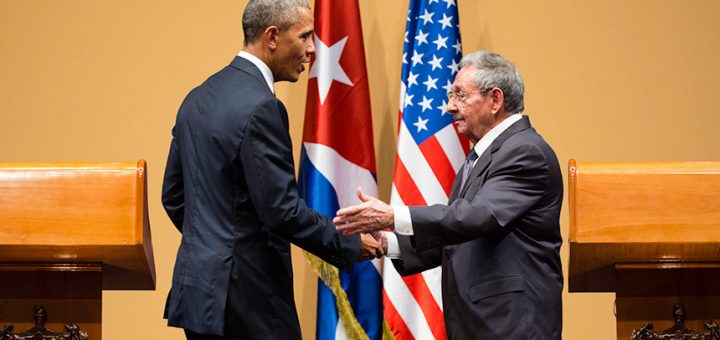You Can Still Travel to Cuba in 2018

Cuba lies a mere 90 miles off the shores of Florida. This proximity and the affordability of Cuban vacations make it a popular spot for school breaks and holidays. Add to this, the allure of visiting an island that was forbidden for so many years and it’s no wonder that study-weary students want to step back in time and visit the many wonders of Cuba.
Getting to Cuba
When President Barack Obama legalized visits to the island without many of the restrictions of the past, hundreds of thousands of American travelers enjoyed the history, culture, and popularity of the country. Recently, new restrictions have again disturbed free travel to Cuba, but, don’t despair, it is still possible to spend your precious week of school holidays on the warm shores of Varadero or Cayo Coco.
Complete Your Paperwork
If you want to travel to Cuba this year or next, you do need to obtain a passport and there are several things you need to know about traveling to Cuba. You’ll also need to complete a few other tasks.
- Declare your travel category. (The options include family visits, professional research, public performances, etc. Don’t declare tourism; try”Support for the Cuban People” instead.)
- Obtain your tourist card.
- Prove valid health insurance.
- Turn in an approved itinerary.
- Agree not to spend money at restricted sites.
- Plan to keep receipts.
These tasks aren’t too hard to complete if you’re used to traveling to other countries. Just be sure to leave yourself plenty of time (as in months) to get all of the steps completed.
Prepare to Support the Cuban People
What does “support for the Cuban people” mean? If you declare this as your travel category, you’re pretty much committing to interacting with local citizens of the communities you visit. You might sign up for salsa classes, for example. It could also mean talking about Cuban history and society with locals, visiting independent museums, or shopping in independent markets. The main goal of this option (and the commitment not to shop at restricted sites) is to put money into the hands of the people of Cuba instead of the country’s military.
Find Places to Stay, Eat, and Visit Before You Go
One great way to make sure you successfully abide by today’s Cuban travel restrictions is to do your homework before you go. It may be true that you’re trying to get away from your studies, but in this case, you’ll get an amazing vacation for your efforts. One of the hardest parts of visiting the country in today’s climate is staying away from businesses that have ties to the military. After all, many of the hotels, transportation services, and wifi providers are owned or run by the military.
Fortunately, there are many comfortable Cayo Coco hotels that aren’t connected to the government and, of course, there’s the option of casas particulares (especially if you know some Spanish.) These family homes don’t have the amenities of hotels, but they do give you the chance to experience the culture and society in a very personal way. Be prepared not to use your cell phone because most locals don’t have convenient access to wifi. It’s also important to remember that the people offering lodgings are doing so as a living, so be respectful and pay promptly.
Consider Private and Group Tours
If you don’t speak Spanish, consider the option of traveling with a private tour guide. This investment is relatively inexpensive and gives you the freedom of movement and spontaneity that isn’t available with group tours. On the other hand, signing up for a tour is a convenient way to go. A lot of the hard work and many of the difficult decisions will be made beforehand, so you don’t have to worry whether you’re entering a restricted hotel or shopping center.
Once you have the paperwork and travel plans made, you’ll be ready to focus on sunny beaches, wide open skies, daytime shopping, and nighttime cultural events. Settle into your rooms at the Iberostar Mojito and then decide whether to swim in the pool or head out to experience some new delicious menu items. With your documentation finished and approved, your itinerary in hand, and a whole island of history, recreation, nature, and culture to discover, there’s plenty to take your mind off of school work and frustrating professors.
